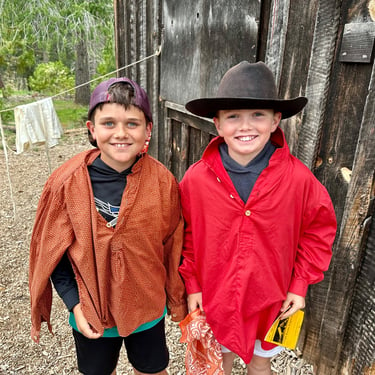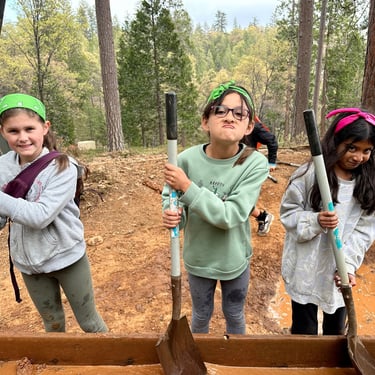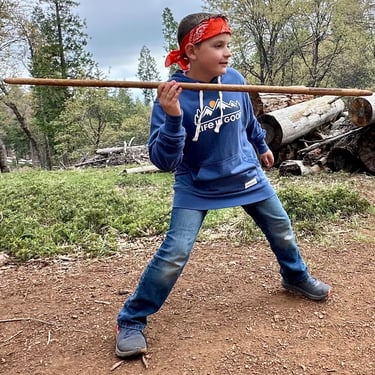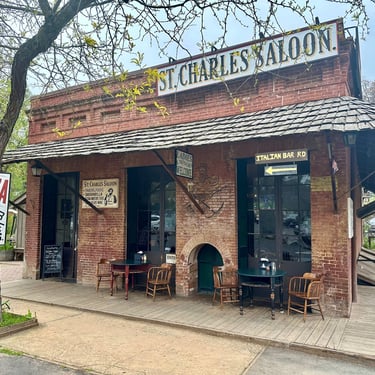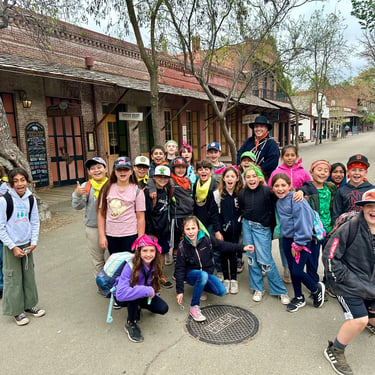Living History MUSICAL
As a culminating project for our study of the California Gold Rush, students will create a boomtown and mining camp at CSMH, then participate in a living history day. Our indoor and outdoor classrooms will be converted into a Gold Rush era boomtown called "TBD 2026,", with a mining camp nearby. Costumes will be procured by individuals, with limited items available from Mr. Tubach. Students are assigned Gold Rush era jobs ranging from a milliner to a cooper to a blacksmith to a doctor with real gummy leaches. We will also have a butcher, a baker, and of course a candlestick maker. After thorough research of their assigned occupation, each student will find or make props, create a store front and store sign, and prepare a 2-3 minute dialogue about his/her profession. Parents and students from CSMH will have the opportunity to tour our living history museum and learn about life over 175 years ago. Students will spontaneously perform songs from the musical Gold Dust or Bust, by Bad Wolf Press. The living history museum will run during the school day on MARCH 20 for classes and families.
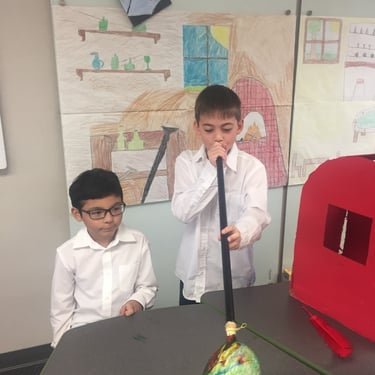
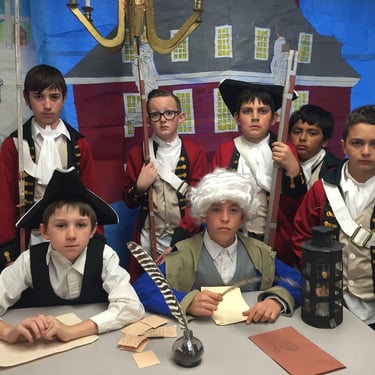
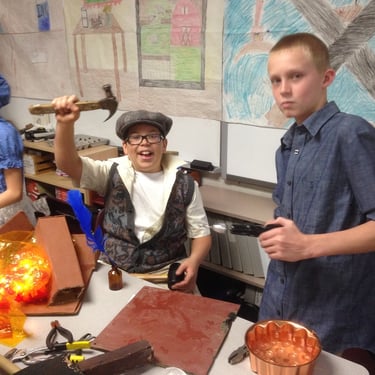
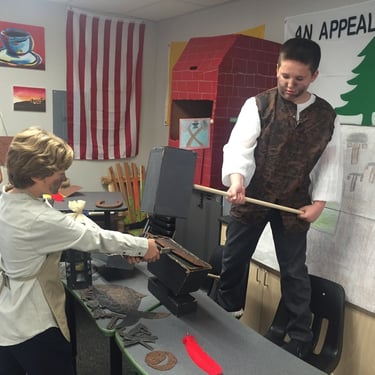
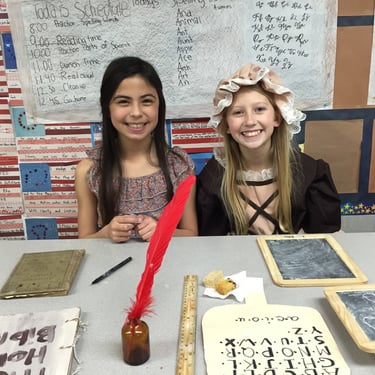
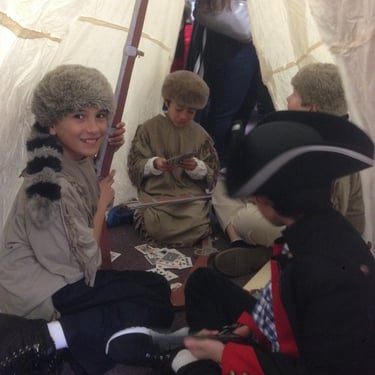
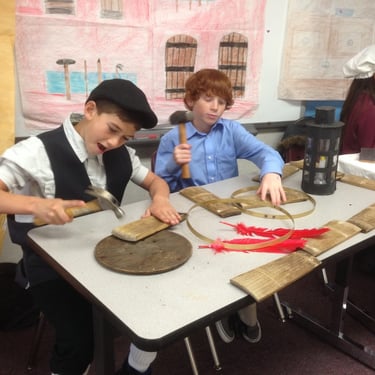
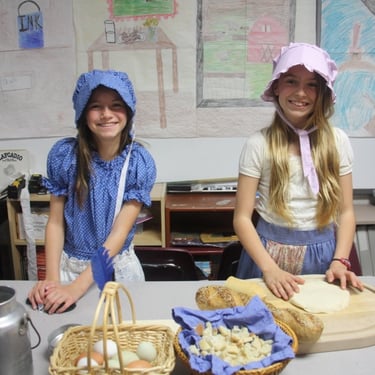
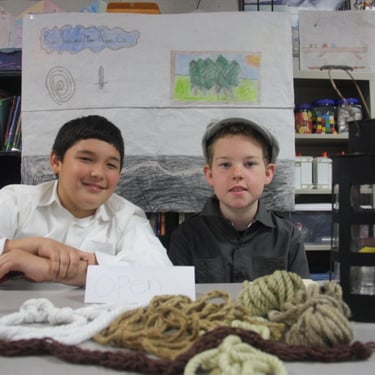
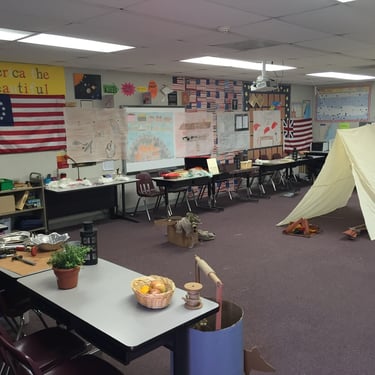
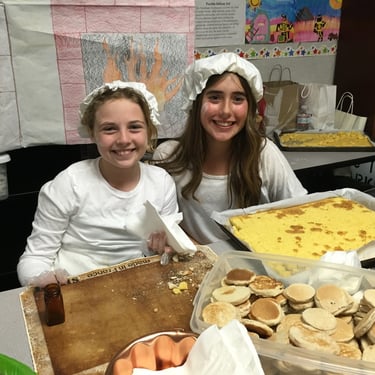
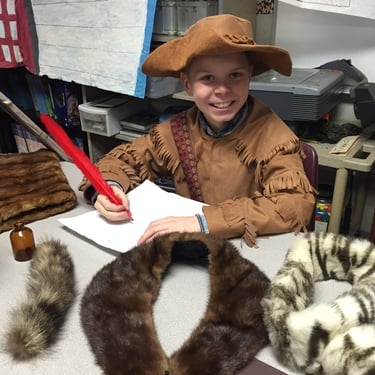
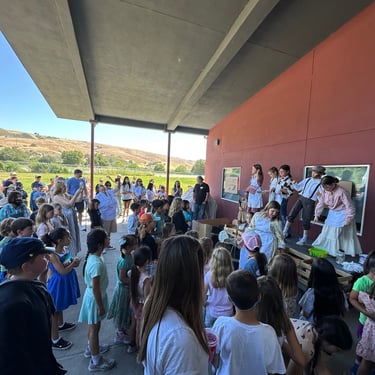
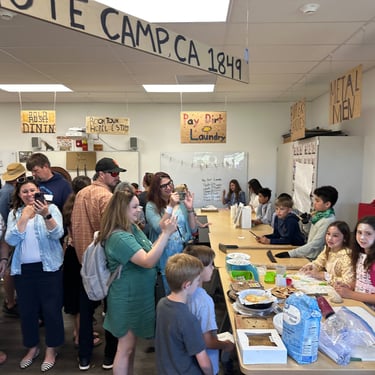
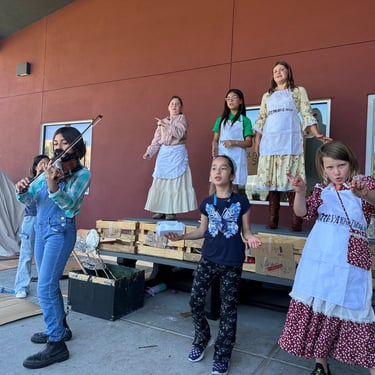
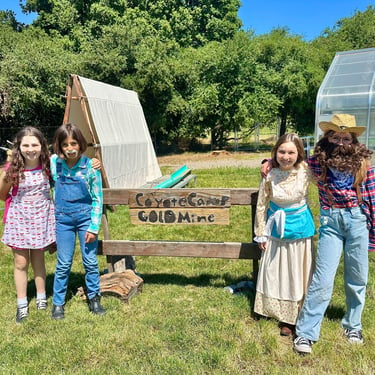
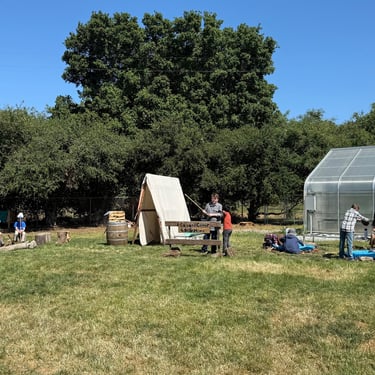
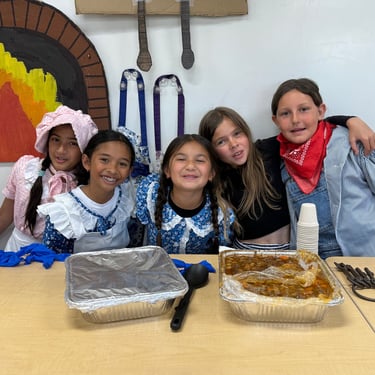
Occupations:
Blacksmiths (X2) Gold Dust or Bust
Candlemakers (X2) Gold Dust or Bust
Restaurant (x2) Gold Dust or Bust
Post office (x2) Gold Dust or Bust
Hotel (x2) Gold Dust or Bust
Newspaper (x2) Gold Dust or Bust
Bakers (x2) Gold Dust or Bust
Cobbler -- shoe repair (x2) Gold Dust or Bust
Milliners -- Hat makers (x2) Gold Dust or Bust
Coopers -- barrel makers (x2) Gold Dust or Bust
Launderers (x2) Gold Dust or Bust
Saloon (x2) Gold Dust or Bust
Mayor (x1) Gold Dust or Bust
Sheriff (x1) Gold Dust or Bust
Doctor (x1) Gold Dust or Bust
Barber (x1) Gold Dust or Bust
Merchants (x8) Gold Dust or Bust, We're Merchants
Union Soldiers (x8 -- one is the captain) Gold Dust or Bust
Sailors (x4) Gold Dust or Bust, Argonauts
Wagon Train (x4) Gold Dust or Bust, Overland Trail
Miners (x24 -- more miners are welcome!) Gold Dust or Bust, Gold Fever, One Pan Away
Bakers: Bakers such as Mary Jane Caples made a lot of money during the California Gold Rush. When her husband James got sick, Mary Jane decided to make pies to sell to the hungry gold miners. Apples and peaches were some of the ingredients that could be used to make pies. After baking pies in Dutch ovens or a stove, Mary Jane sold her fruit pies for $1.25 each. Other items that bakers might have used in their work include spoons, pie pans, and ingredients such as flour and spices.
Barbers: Barbers provided a much needed service during the California Gold Rush. Gold miners could have their hair cut and their beards shaved at barbershops. As owner of the Metropolitan Shaving Saloon, Edward P. Duplex had a successful barbershop with other barbers working for him. Other items that barbers might have used during the California Gold Rush include brushes (see photograph), combs, cups, razors, and shaving soap.
Gold Miners: Gold miners looked for gold during the California Gold Rush. Working in icy rivers and high temperatures reaching up to 120 degrees, gold miners like J.D. Borthwick quickly learned that looking for gold was hard work. Many gold miners were disappointed by the amount of time it took to separate the gold, if there was any, from the sand, gravel, and mud that they had collected from the rivers in their gold pans (see photograph).
Launderers: Launderers, people who wash and iron clothes, provided an important service during the California Gold Rush. A launderer named Young Lee Chew learned how to wash and iron clothes from an American woman who paid him $3.50 per week. After two years, Young Lee Chew started his own laundry. Other items that launderers might have used during the California Gold Rush include washboards, soap, and irons (see photograph).
Merchants: Merchants sold supplies during the California Gold Rush. Using animals called mules to carry the supplies, merchants sold items such as building supplies, food, and tools to the gold miners living in mining camps. Charging $2.50 for each letter (see photograph) and $1.50 for each newspaper that usually cost a nickel back East, merchants raised the prices of the items they sold because they knew the gold miners were desperate for food, supplies, tools, and the news.
SIERRA OUTDOOR SCHOOL
As an extension, students will go on an overnight field trip to Sierra Outdoor School and Columbia, near Sonora.
